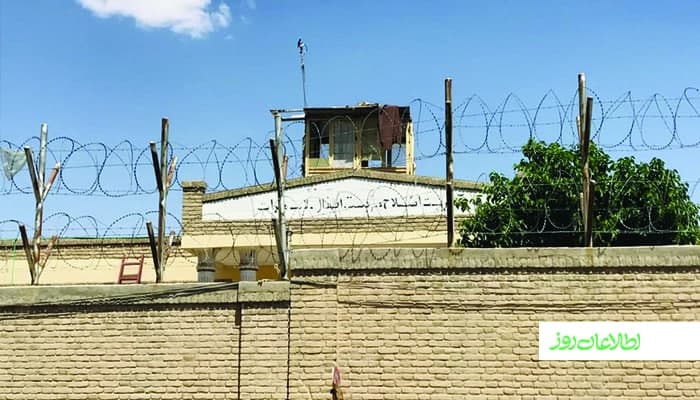The Juvenile Rehabilitation Center in Herat is the only facility in the province that houses children who have broken Afghanistan law. Children who have ended up in Herat Juvenile Rehabilitation Center (HJRC) complain about poor accommodation, lack of basic equipment, lack of recreational and vocational programs, bad quality food.
Nazir Ahmad, 16, is one of many children at HJRC, who has been sentenced to seven years of imprisonment.
Last year, Ahmad stabbed one person to death in Guzara district, not knowing that he would end up as a murderer at HJRC. The crime Nazir committed cost him and his family a huge price: he has lost his freedom and his family has lost its only breadwinner.
Life in an underequipped rehabilitation center is not easy for a 16-year-old child. “Life is hard here. There is no sports equipment to keep me busy. I mostly keep thinking about my poor family,” he said.
12 children are placed in a crowded room where Ahmad is detained. The inmate children spend most of their time doing nothing, something that has thrown them into a depressing cycle of time inside the confinement of the HJRC.
Najibullah, 17, is another child held at the center. He was caught as a drug smuggler and sentenced to more than two years of imprisonment. “For nearly nine months, I used to keep crying. The children must spend more time outside their rooms so that they don’t suffer mental illnesses,” he said.
Having suffered a severe mental problem, Najibullah was admitted to Herat Central Hospital twice. “I along with other children are detained in a single room. There is nothing for us to do—not even a TV to watch,” he said.
Jawid, 16, who stabbed an individual to death was sentenced to four and a half years in prison. He is suffering from a severe mental illness. His father and two brothers were also jailed on charges of complicity with him.
Jawid has served seven months in the rehabilitation center which he describes as “not easy.” “They should take us out to do exercise. If they lock us in one room and once in four days take us out, we will eventually become crazy and suffer severe depression and mental health problems.”
Jawid calls on the judicial institutions to address the problems juvenile inmates are facing at the HJRC so as more children do not suffer mental illness.
Khalid Faqirzada, the head of HJRC, said that efforts are underway to improve the condition of children at the center. He has been working with two psychotherapists to help children. Khalid says that in less than a week, vocational programs and recreational training will resume. “The children however must understand that the center cannot be like their homes.”
Fahim Sediqi, a counselor at HJRC, told Kabul Now that most children and adolescents in the center suffer depression, anxiety, and death. Their illnesses worsen if they are not provided with a suitable environment for entertainment, education, and recreational activities. “Our goal at the center is to reduce the severity of mental illness. We regularly talk to the families of these children and give the children advice so that their mental illness does not get worsen,” he said.
Low-quality food is a serious problem at HJRC which makes the children sick.
Poor quality of food has made Nazir Ahmad suffer from stomach problems. According to him, there is no variety in food and the center mostly serves them with boiled potatoes or soup.
Mr. Faqirzada, however, denies the claim made by children about the quality of food. “Every night the children are served with meat. In every Eftar, soup and vegetable or non-veg curries are distributed to children. The quality of food at the center has improved.”
The Bar Association in Herat of the country believes that under such conditions, HJRC currently violates several articles of the law.
Rafi Naderi, head of the Bar Association in Herat, says that the goal for keeping children at HJRC is to educate and train them and provide them with vocational and educational opportunities. He accuses the HJRC of violating children’s protection rights.




